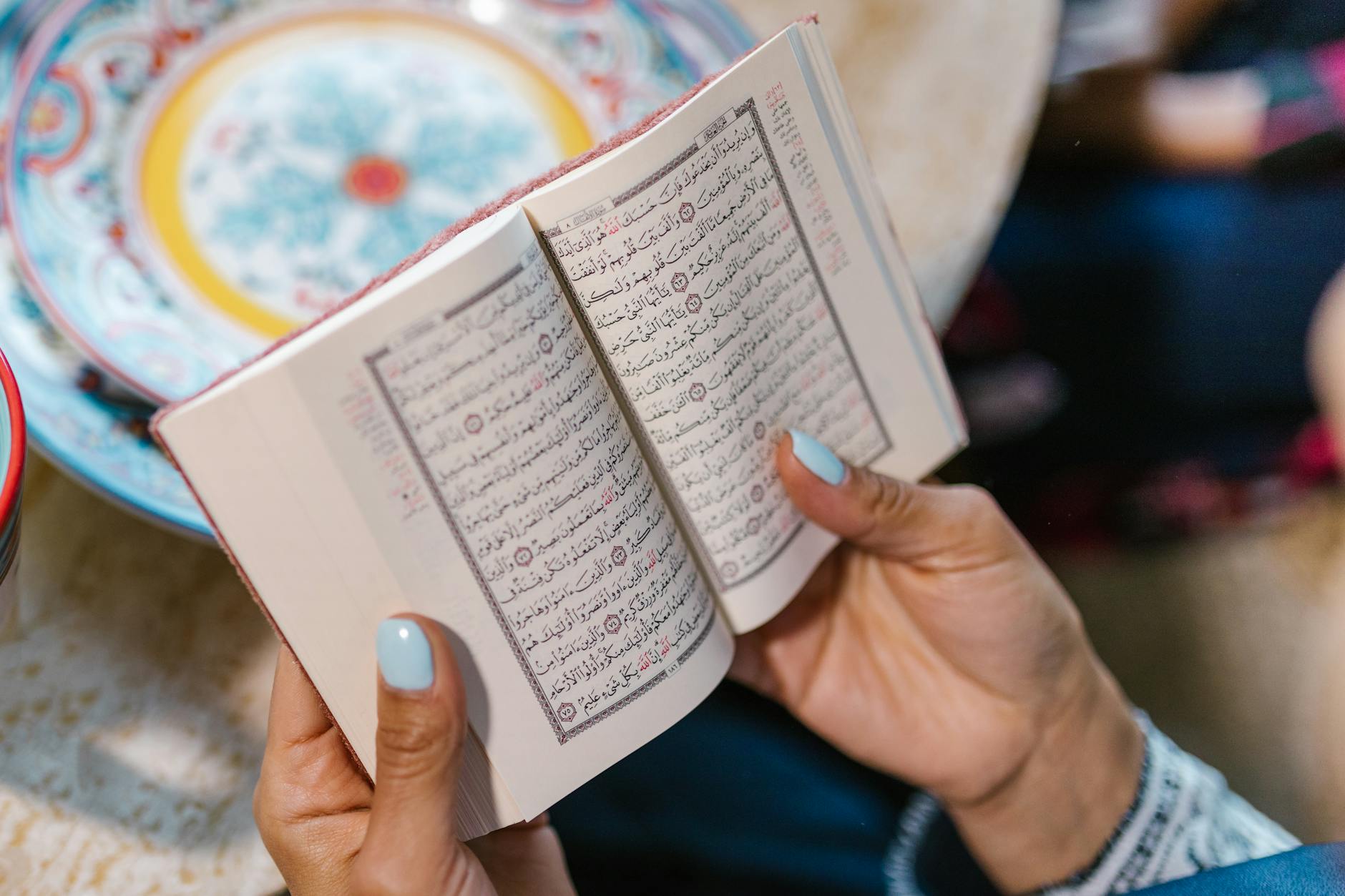What is mindfulness practices evaluation?
What is mindfulness practices evaluation?
Mindfulness practices evaluation is essential for anyone looking to enhance their personal development and productivity. In a world filled with distractions and stressors, mindfulness offers a way to center oneself, fostering well-being and clarity. But how do we know if our mindfulness practices are truly effective? That’s where evaluation comes in. By assessing these practices, we can gain insights into their impact, making adjustments as necessary to maximize their benefits.
Defining Mindfulness Practices Evaluation
Mindfulness practices evaluation involves systematically assessing the techniques and approaches used in mindfulness to determine their effectiveness. It’s not just about practicing mindfulness but understanding how well these practices resonate with you and contribute to your overall goals. This evaluation can involve examining the techniques employed, the objectives set, and the outcomes achieved.
Components of Mindfulness Practices Evaluation
Several key components play a crucial role in evaluating mindfulness practices:
- Techniques: This includes the specific mindfulness exercises you engage in, such as meditation, breathing exercises, or mindful walking.
- Objectives: What are you hoping to achieve? Whether it’s stress reduction, improved focus, or emotional regulation, clearly defined objectives help in measuring success.
- Outcomes: These are the results of your mindfulness practices. Are you feeling less stressed? Are you more present in your daily life? Collecting data on these outcomes is essential for effective evaluation.
The dynamic interplay between these components helps paint a clearer picture of your mindfulness journey.
Importance of Mindfulness Practices Evaluation
Evaluating mindfulness practices is vital for several reasons:
- Personal Growth: Understanding what works and what doesn’t can guide your personal development. This means you can focus on strategies that benefit you the most.
- Productivity: Regular evaluation can lead to improvements in focus and efficiency. When you know your mindfulness practices are effective, you’re more likely to incorporate them into your daily routine.
- Sustainability: Continuous assessment helps ensure that your mindfulness practices remain relevant and effective over time. It allows for necessary adjustments based on life changes or evolving personal goals.
By prioritizing evaluation, you can transform your mindfulness practice into a tool for ongoing growth and productivity.
Methods of Evaluating Mindfulness Practices
Several methods exist for evaluating mindfulness practices, providing a diverse toolkit for individuals seeking to enhance their mindfulness journey.
Qualitative and Quantitative Approaches
Evaluation methods generally fall into two categories:
Qualitative Methods: These approaches focus on personal experiences and subjective reports. Journals, interviews, and open-ended surveys allow you to capture the richness of your mindfulness experience. For further insights, you can explore various mindfulness assessments and questionnaires, which can be found here.
Quantitative Methods: These involve measurable data, such as tracking the frequency of practice or using scales to assess changes in mood or stress levels. This approach offers concrete evidence of how mindfulness impacts your life.
Both methods have their strengths, and combining them can provide a comprehensive evaluation of your mindfulness practices.
Self-Assessment Techniques
Self-assessment is a valuable tool in evaluating mindfulness practices. Here are some techniques you might consider:
- Journaling: Keeping a mindfulness journal can help document your feelings, thoughts, and experiences over time. Reflecting on entries can reveal patterns and areas for improvement.
- Mood Tracking: Use apps to track your mood before and after mindfulness practices. This can help you identify changes in emotional states and correlate them with your mindfulness activities.
These self-assessment techniques empower you to take charge of your mindfulness journey.
Professional Evaluation Tools
For those seeking more structured evaluations, several professional tools exist. These can include standardized questionnaires and scales that measure various aspects of mindfulness. Some useful resources include:
- Mindfulness-Based Stress Reduction (MBSR) scales: These assess the effectiveness of mindfulness practices in reducing stress.
- Mindful Attention Awareness Scale (MAAS): This tool measures the level of mindfulness in daily life.
Using professional tools can add credibility to your evaluation process and provide insights grounded in research.
Benefits of Mindfulness Practices Evaluation
Regularly evaluating your mindfulness practices can lead to numerous benefits for both individuals and organizations.
Enhancing Productivity and Focus
A well-evaluated mindfulness practice can improve focus and productivity. When you know what techniques work best for you, it’s easier to incorporate them into daily routines. Regular mindfulness breaks can help reset your mind, allowing for greater efficiency when tackling tasks.
Promoting Work-Life Balance
Mindfulness evaluation supports a healthier work-life balance. By recognizing what practices lead to a reduction in stress, you can prioritize these exercises in your daily schedule. This can help create boundaries between work and personal life, fostering a more balanced lifestyle.
Supporting Personal Development Goals
Mindfulness practices evaluation plays a critical role in reaching personal development objectives. By setting specific goals and evaluating their effectiveness, you’re more likely to stay committed to growth. This process can illuminate the path toward achieving your aspirations.
Conclusion and Call to Action
Mindfulness practices evaluation is not just a beneficial exercise; it’s essential for anyone looking to enhance their well-being and productivity. By effectively assessing your mindfulness techniques, objectives, and outcomes, you can make informed decisions that align with your personal and professional goals.
Now is the time to consider evaluating your mindfulness practices. Reflect on what techniques resonate with you, set clear objectives, and track your progress. Making this commitment can lead to profound improvements in your life. Dive into mindfulness evaluation and unlock your potential for a more balanced and fulfilling existence.

Photo by RDNE Stock project